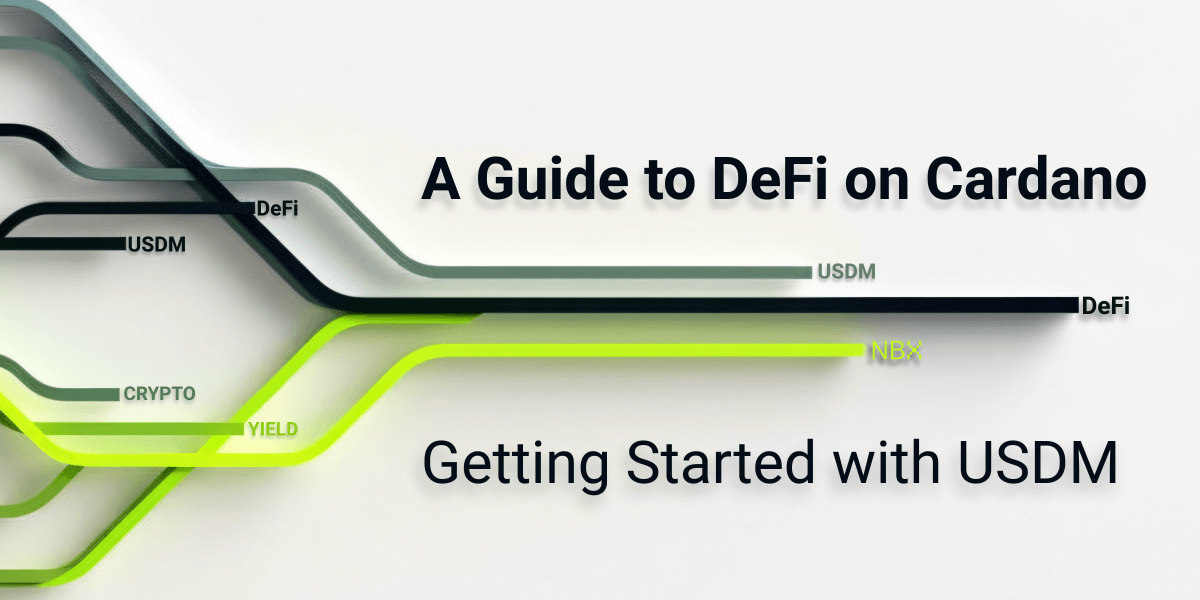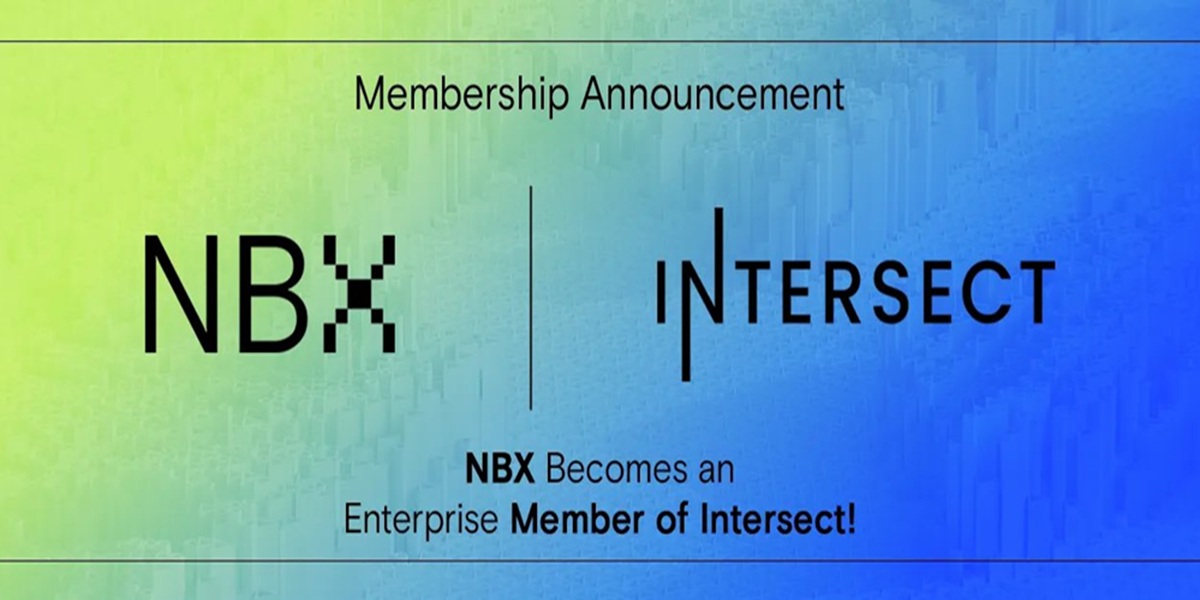To buy and sell cryptocurrencies, you need what is called a cryptocurrency wallet. Basically, this is nothing more than a bank account for your cryptocurrencies with a twist. Instead of entrusting your funds to some other organization, you own them or "have custody of them" at all times.
A cryptocurrency wallet is made up of a public and private key, which are two long strings of letters and numbers that give you the ability to store, buy and sell cryptocurrencies from your own dedicated database. The public key is the secret code that identifies you as the owner of the wallet and its funds, while the private key is the secret code the device that allows you to spend the funds the wallet holds.
With this in mind, never disclose either to anyone, or you'll risk losing access to your wallet forever.
Think of your cryptocurrency wallet as your bank account, except in this case, you're the bank and the account holder because you always own your funds. Therefore, the private key is like the password to your account and the public key is akin to something like your passport number or social security number in that it identifies you in connection with the wallet.
When you want to buy, sell, or move the funds in your cryptocurrency wallet, all you need to use is your public address, which is also often called a "receiving address." Like your public and private keys, this is also a randomized string of letters and numbers, which in this case, allows you to transact with your crypto funds without revealing your keys to anyone.
Overall, all cryptocurrency wallets can be categorized as: "hot" or "cold" wallets.
The former refers to a software account that's always connected to the internet, while the latter typically points to a secure USB stick that stores your funds offline. To access or transact with them, you'll need to get online, but your activities are protected by a more secure internet connection, put together with a PIN that has to be physically entered on. For this reason, cold wallets are also called "cold-storage" wallets and are widely considered as the most secure method of storing your cryptocurrency fund on the market.
As you learn about cryptocurrency wallets, it's important to be clear that an account with a cryptocurrency exchange like NBX is not a wallet in and of itself. If you plan on storing the crypto you've purchased for the long term, we recommend that you purchase and use a cold storage wallet.


